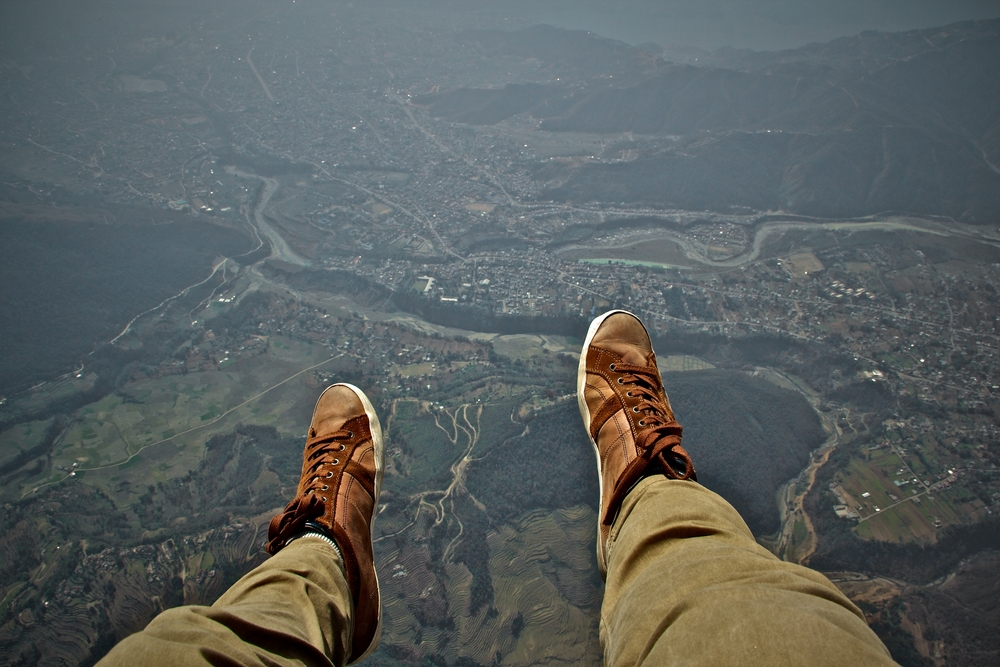Quite unlike other conventional VR therapy methods that are administered by a specialist, this new technique makes use of an animated avatar which serves as the patient’s coach.
More on the study
While the domain of ‘phobias’ has been looked into extensively, Jennifer Hynes, a clinical psychologist at the University of Notre Dame, believes that this latest study is ‘groundbreaking to say the least’.
In terms of how the research was carried out, study participants were asked to fill out the ‘Heights Interpretation Questionnaire’– a document which assessed their levels of fear between 16 to 80 (where 80 is most severe), before, immediately afterward, and two weeks after the treatment.
The results indicated that the individuals who successfully completed the VR program were found to be much less scared of scaling heights than they were prior to the study.
What does VR have to do with all this?
The research requires participants to immerse themselves in a virtual reality environment wherein an animated counselor guides the user through a virtual 10-story office complex, where upper floors overlook a ground-level atrium.
It is worth noting that after every third floor, participants are required to carry out a task, based on their fear responses. The tasks start out being fairly easy — like standing close to a drop-off where a safety barrier gradually lowers — but as time progresses, they become more difficult — like riding a moving platform out into the open space over the atrium.
Final Take
With VR continually being introduced within niche areas of scientific research, it won’t be long before we start to hear more mainstream media outlets cover developments taking place within this rapidly evolving ecosystem.












